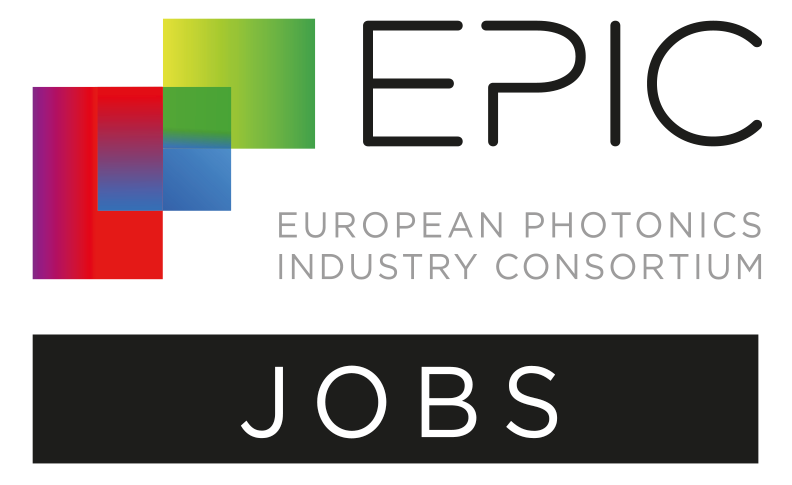Job Description:
The researcher will undertake development of scientific detectors for astronomical spectrographs, in particular, assemble detector ROICs (e.g for Large Saphira and H2RG), and in collaboration with Leibniz Institute for Innovative Microelectronics (IHP) develop photonic-chip to detector optics for operation in cryogenic environment. The position offers the unique opportunity to assemble, integrate and test the astrophotonic instruments as per ESO standards, leading to first-light on-sky demonstrations as well as adjacent applications. The appointment could start immediately after the recruitment process is completed and is for 4 years until 31.12.2028.
Responsabilities:
Your tasks:
Integration, assemble, and characterization of scientific detectors for Astronomy Characterization of H2RG, Large Saphira, or similar detectors using ESO NGCII or Rosella ROIC Explore adjacent applications through technology transfer Support the research activities of PhD students and contribute to peer-reviewed publications, patents, and conference papers.
Requirements:
What you bring to the table:
– Essential:
PhD in astronomy, astrophysics, instrumentation, electronics or in related fields.
Hands-on experience with scientific detectors and ROICs for astronomy (HgCdTe, eAPDs, etc.) Experience working in a clean room and handling sensitive electronics etc.
A track record of scientific publications in peer-reviewed journals Excellent interpersonal and communication skill and ability to work as a member of a team.
Demonstrated proficiency in communicating technical information, including written reports and oral presentations.
Excellent proficiency in the English language. Basic German skills will be an advantage.
– Desirable:
Competent to submit proposals to funding agencies e.g., DFG, BMBF, H2020. ERC.
Skills in Python, KLayout, LabView, MALTAB, Zemax, Quodoa or RSoft, will be an added advantage.
Experience in building astronomical instruments Knowledge and experience building instruments as per ESO standards
Salary Range:
German public service scale TV-L and depends on qualification/experience
Benefits:
Modern working environment; the office is spacious, very well equipped and located in the middle of the World Heritage Site, an open and collegial working atmosphere, flexible working hours, good opportunities for internal and external training, Salary and social benefits are calculated based on the German public service scale TV-L and depends on qualification/experience Social benefits of the collective agreement for the public service (TV-L) including the VBL company pension with reduced earning capacity and survivors’ pensions as well as a subsidy for the job ticket
